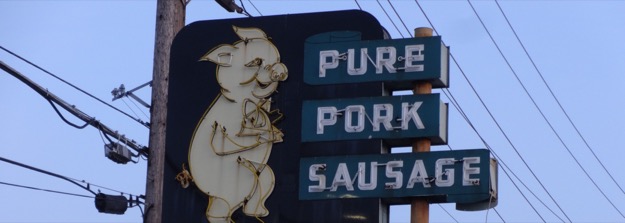
The California legislature slipped past its midnight deadline last night, and kept working, or not, for a couple hours into the morning. From a broadband perspective, it didn’t make much difference. Assembly bill 375 never made it to a floor vote in the senate, let alone to the necessary final vote in the assembly.
As a result, California will not enact Internet privacy rules that were axed earlier this year by congressional republicans and the Trump administration. It was the second victory of the night and the third in two days for big telecoms companies that sent a monster wave of lobbyists and cash contributions washing over senators and assembly members.
AB 1665 passed by a wide margin – 68 to 8 was the final count – earlier in the evening. It lowers California’s broadband speed standard to 6 Mbps down/1 Mbps up and, in effect, gives $300 million to AT&T and Frontier to make minimal upgrades that will hit that pitiful target. On Thursday, legislators narrowly approved senate bill 649, which gives telecoms companies the automatic right to attach wireless equipment to publicly owned infrastructure, like street lights or traffic signals, for a sweetheart rental rate of $250 per year, far below market value.
It’s now up to governor Brown to decide if AB 1665 and SB 649 will become law.
One welcome change this year was a new deadline for amending legislation. As a result, yesterday was less hectic, if no more productive, than previous end-of-the-session pushes. Last November, California voters approved proposition 54, which requires lawmakers to post bills on the Internet at least 72 hours before a final vote. Earlier in the session, there was some weaseling around with what that means, but as time ticked down there was no avoiding its clear meaning: nothing changed after Tuesday night. Whether you like what’s in a bill or not, at least you had a chance to read it and respond accordingly before it became law. Or not.
